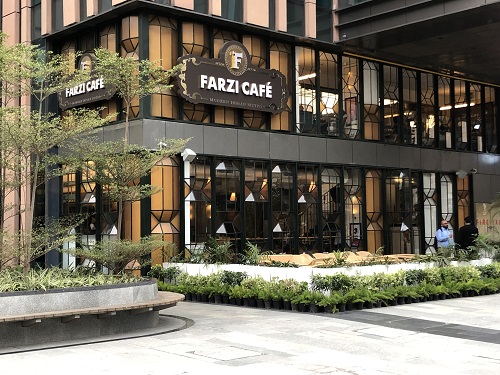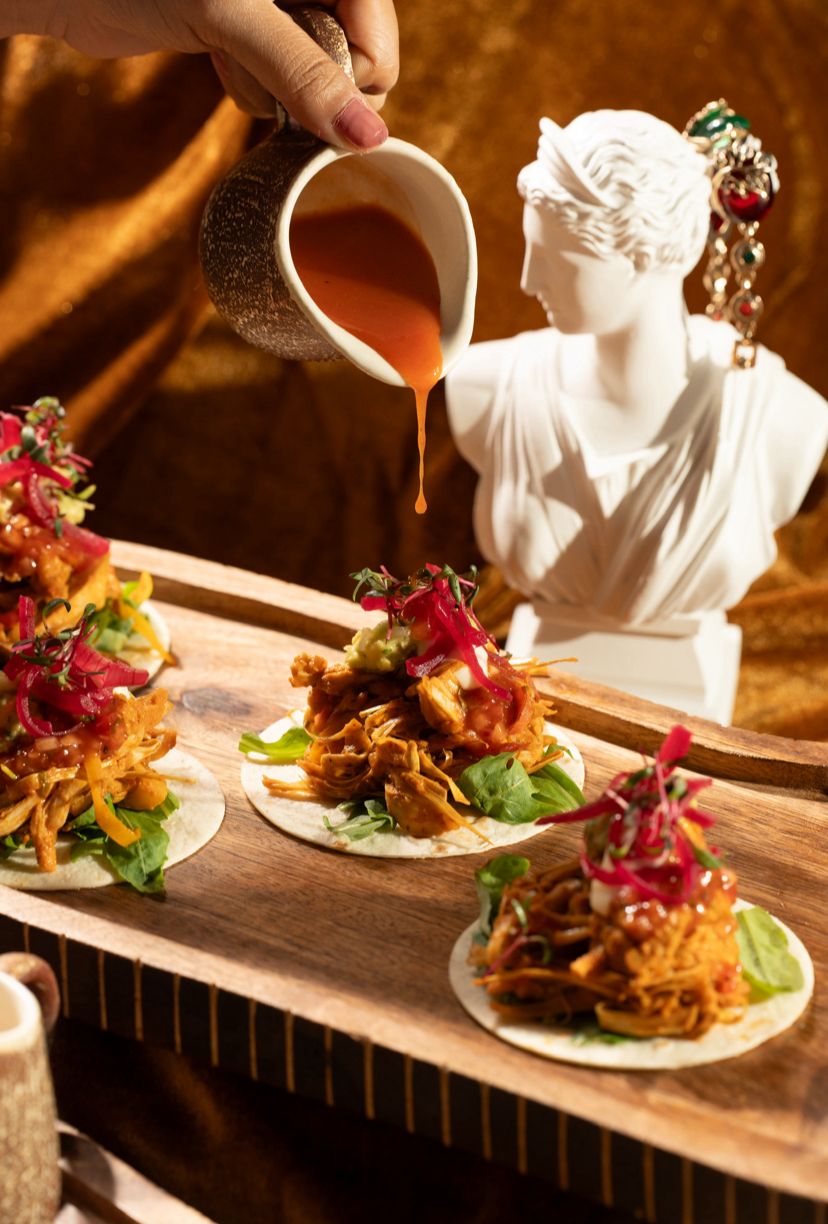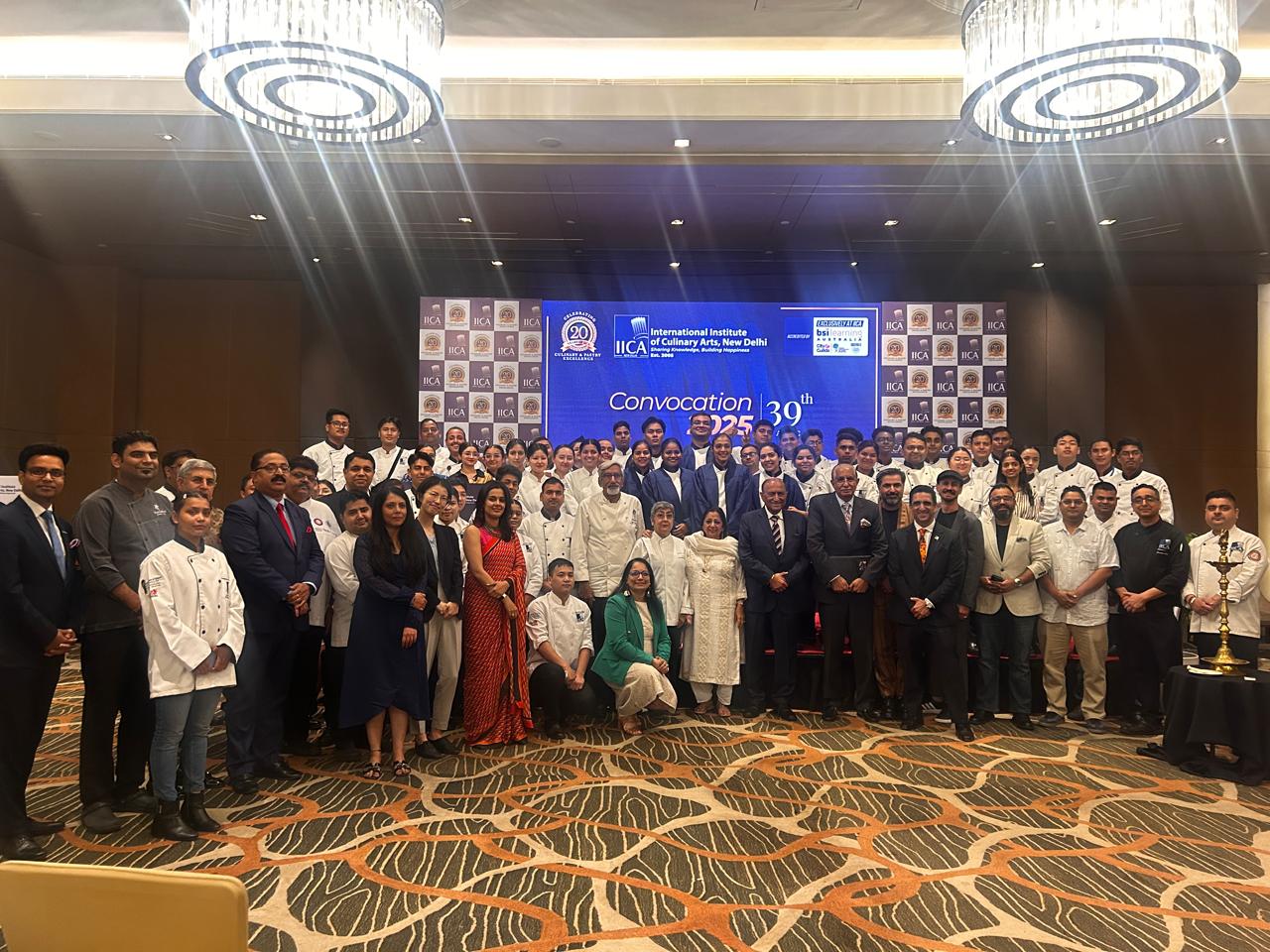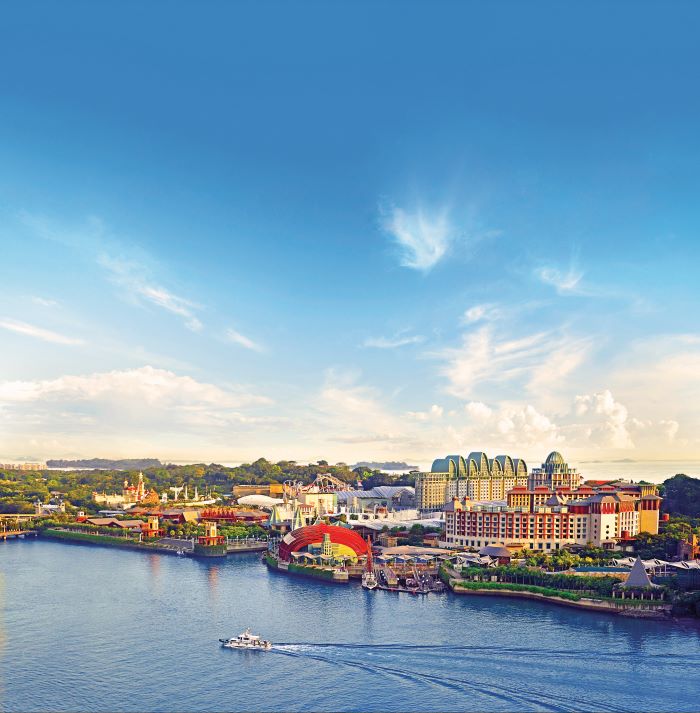As the set targets go south of the hotel and related industries, F&B industry is witnessing its worst crisis ever. A few stalwarts share their revival strategy and how badly the business is impacted.
Anupriya Bishnoi
Akshay Anand, Founder, Ophelia and Toy Room
The impact
The COVID-19 pandemic has adversely affected the F&B industry across the country. Considering it as a moral and ethical duty as citizens of this nation, we had taken a call to shut down both our restaurants even before the government passed on a notice to do so. Most of the restaurants and bars took a massive hit even before the disease was announced as a pandemic due to patrons taking self-precautions and avoiding public places. This had a domino effect on dining joints and support industries like beverage distributors, vegetable and fruit vendors, marketing agencies, to name a few. Needless to mention, millions of families are supported by this industry which employs F&B staff, DJs, security staff and other personnel.
The recovery plan
Once the nation overcomes this unfortunate crisis, restaurants and bars will face a colossal task trying to re-establish themselves. We will have to ensure that all staff members are fully out of danger before starting the operations. Safety and hygiene measures like sanitising the premises should be the topmost priority. The staff needs to be motivated to give their best and create new experiences for their patrons.
How long do you think it will take for the industry to stabilise?
We as owners of restaurants and bars need to understand that the entire country has come to a halt. Gaining the same pace as before will require a lot of patience, diligence and hard work. But I am sure we will gradually reach the milestones set by the same teams which set them earlier.
Zorawar Kalra, Founder, Massive Restaurants
The impact
The current pandemic is one of the biggest shocks to the entire human race. Its impact is not just what we are dealing with presently. It will have a snowball effect in the months to come. The F&B industry is among those industries that have been hit the worst. Restaurants are not operational, manpower in our industry do not have the option to work from home. It is impacting everyone in the industry in a big way.
The recovery plan
The recovery plan should be to come back stronger. We need to reassure guests that it is safe to come out and eat. It will take several months for the industry to stabilise. We are hopeful and look forward to welcoming our patrons once everything is safe. We eagerly wait to serve them in the true spirit of hospitality.
Akshay Chawla, General Manager, The Manor Hotel
The impact
To say the impact is catastrophic and long-term is an understatement. It took almost two decades for the restaurant industry to mature and come to a level of any other major global metropolis at least in big cities like Mumbai, Bengaluru, Hyderabad, Delhi etc. The real non-quantifiable impact will be on small businesses which are unstructured and depend hugely on domestic tourism. They directly and indirectly employ a large network of producers, suppliers, employees and vendors.
The recovery plan
Recovery cannot happen without adequate financial support from the government, banks and large financial corporations. For spenders to gain confidence in going out, ordering in and splurging again, it will need a major boost from all of the above as well. As an organisation, the plan should be to rebuild, rework on the concepts where required and establish models that can sustain periodic slumps during the bumpy economic recovery we all anticipate.
How long do you think it will take for the industry to stabilise?
This completely depends on how long it remains closed or subdued. Since the industry is so dynamic, it should become sustainable soon is what we can hope for.
Dinesh Arora, Founder, Unplugged Courtyard and La Roca
If we look at the reports and expert advice, then the common thing that comes out is to take care of hygiene and have some healthy options in menus. The biggest concern for us is to convince the customer to feel safe and healthy at the outlets. It’s tough to determine anything on that front as of now, we don’t even know how long this crisis will continue. WHO has suggested that it took China a 90 days period. So, if we are able to make people aware and our economy become functional, it may still take up to six months. As our country is in complete lockdown, we as a dine-in brand don’t have any offerings. Even the delivery outlets are being hit by it and there is a huge downfall in online orders.
Inderjeet Singh Banga, Promoter, Prankster, Pirates of Grill
The impact
We are looking at a situation of zero revenue across all restaurants and fixed costs continuing which is a huge cash crunch situation. While employee care is of foremost importance, saving the business also is a critical question. Between the three stages of survival, revival and finally thrive we are at the first stage right now as an industry.
The recovery plan
When and how the recovery starts is a question only time can answer. However, one thing is clear that it shall require employers, employees and stakeholders, that is, landlords and government agencies to support each other to tide over the crisis. Employers need to be mentally strong; employees need to take it as a challenge for their families as well as business. Landlords need to support in zero rentals till closure and a downsize rental during recovery period till this is over.
As an industry, one of the key changes we are seeing presently is that home delivery is going to be the future, also hygiene inside the restaurant, audited supply chain and safety of staff and guests in terms of social distancing is going to be the way forward. Also, smaller and value-added formats will see early recovery as compared to luxury and gourmet dining.
IN A BOX:
Anurag Katriar
President NRAI and Executive Director & CEO, deGustibus Hospitality
The impact
F&B industry, along with travel and tourism, are perhaps the two most impacted industries due to COVID-19 and the resultant lockdown. We are right now fighting for our mere survival. This is the worst time that the industry has ever witnessed. With global recession staring at us, even the immediate period post COVID doesn’t look too bright. We are watching with bated breath as the sordid corona story unfolds. The eventual degree of impact on us will largely depend on the duration of this lockdown and extent of damage/mortality the coronavirus leaves behind in India.
The recovery plan
Before going to post-pandemic planning, I would urge the restaurateurs to kindly use this period to reimagine and retool their business models. Make it as low-risk and as asset-light as possible. Post-pandemic recovery will neither be quick nor will it be easy. I advise everyone to keep patience, stick to the basics and be frugal with their money. Start planning for the working capital requirements now; you will need a lot of it to start business and survive for a few months post the pandemic. Adopt a low-risk model.
Government support
The initial support that we sought from the government was more like an emergency life-support system to keep ourselves afloat. We had asked for deferment of all statutory dues, extension of dates for renewal of licenses, moratorium on term loans, unemployment pay cover for our employees, and extension of interest waiver on all debts. These steps were aimed at conserving our cash flows and deploying them towards more humane needs such as salaries to employees and payments to small suppliers. We have achieved some degree of success on this front with deferment of GST and license fee renewal in a few states like Maharashtra and Haryana. RBI also announced a moratorium on loans. However, if the lockdown continues for a longer period, these measures will not suffice and government will have to step in with some kind of social security cover for people working in the sector. In the long run, we will need a massive stimulus package from the government encompassing things like easy availability of interest-free and collateral-free loans, restoration of input tax credit on GST, tax holiday and much more.
Alternatives to keep restaurants floating
As long as the lockdown continues and our expenses remain as they are, there is no hope of survival for many in the trade unless they own their property. While home-delivery business is permitted currently, there is hardly any volume there to eke out a living and we don’t even know how long the permission will remain in place.
The damage
It is almost a 100 per cent erosion of revenue right now. Post resumption, I expect the business volume to be in the range of 30-50 per cent of normal for first three to six months, which may go up to 60-70 per cent after six months. In the best case scenario, it may take us a year to get back to the pre-COVID numbers. This will lead to a massive bloodbath in the interim.
How soon will the situation get back to normal?
In the immediate term, we will definitely see an impact on the Indian culinary revolution because the focus will be on mere survival. With complete capital erosion, investment into new ideas will also be subdued but the brighter side is that many chefs may be indulging in newer creative pursuits during the lockdown and they may unleash them sooner than later. However, consumer sentiments for stepping out to a crowded bar or spending top bucks at a swish restaurant will be muted. If the prediction of global recession immediately post COVID comes true, it will get even worse for us, with both corporate and individual spending going down.










